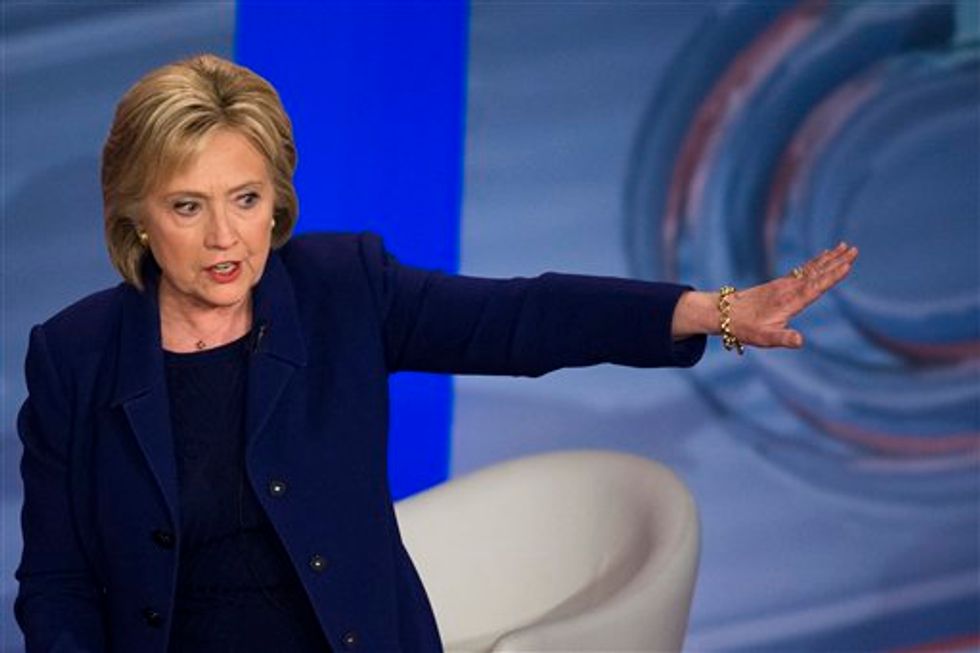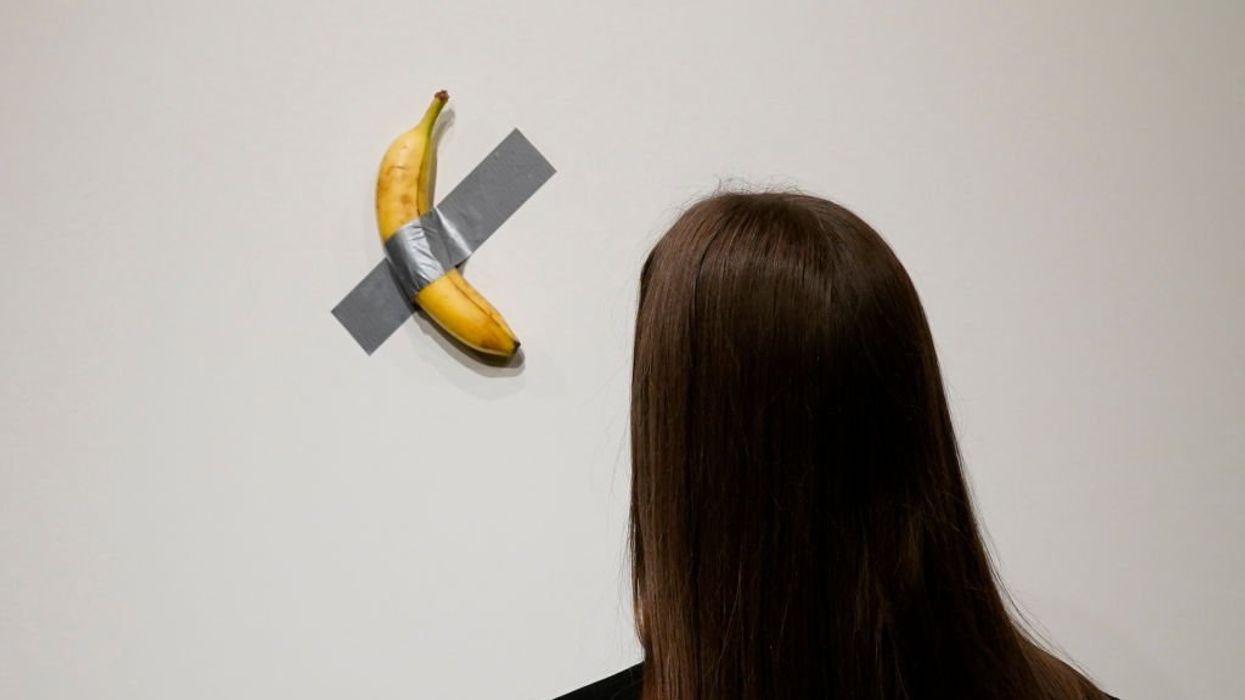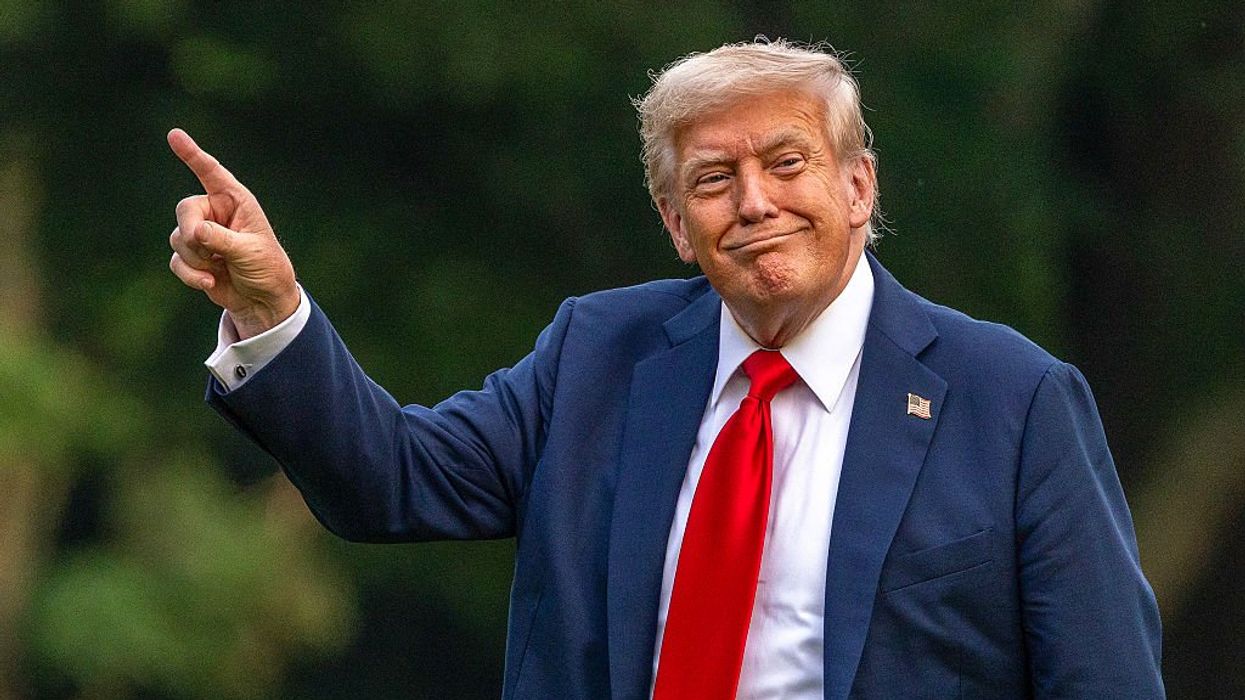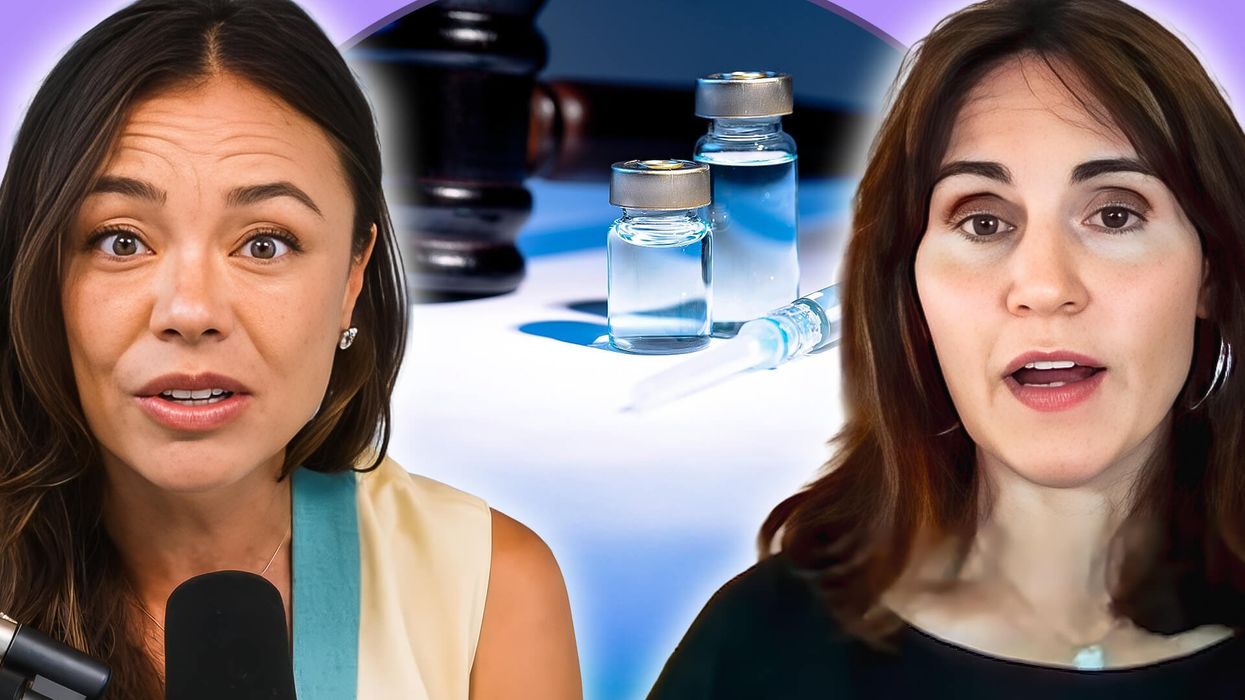What former Secretary of State Hillary Clinton’s emails say about the Clinton Foundation is among the matters the Republican National Committee is trying to find out about in filing four separate lawsuits against the State Department in order to obtain records through the Freedom of Information Act.
The RNC sought the information about the Democratic presidential front-runner via FOIA requests last September, but the State Department has not complied.
“Despite the State Department’s responsibility under the law to comply with FOIA requests in a timely way, our requests have gone unanswered for months,” RNC Chairman Reince Priebus said in a statement.
 Hillary Clinton speaks during a Democratic primary town hall. (AP/John Minchillo)
Hillary Clinton speaks during a Democratic primary town hall. (AP/John Minchillo)
“For too long the State Department has been running interference for Hillary Clinton by blocking our requests, a stance which disregards the rights of voters asking questions in a presidential election year about how she conducted herself as Secretary of State,” Priebus continued. “These lawsuits are intended to expedite the release of records covered under FOIA that will allow Americans to hold Hillary Clinton accountable.”
Here’s what the four lawsuits are seeking:
● communications between the U.S. Agency for International Development, also known as USAID, and messages to Hillary Clinton’s private email address, former President Bill Clinton’s private email address and associated private organizations such as the Clinton Foundation;
● information on senior State Department officials' handling of classified information and communications on the “dissent channel” from certain senior State Department officials (The “dissent channel” was established to allow senior officials to communicate alternative viewpoints from the political leadership of the department.);
● communications between State Department officials and the Clinton Foundation, including communications between State Department officials and both Bill and Hillary Clinton; and
● release of State Department visitor logs and other related records for Clinton’s office while she was secretary of state as well as financial disclosure and documents about ethics training for certain top State Department officials that worked closely with Clinton.

 Hillary Clinton speaks during a Democratic primary town hall. (AP/John Minchillo)
Hillary Clinton speaks during a Democratic primary town hall. (AP/John Minchillo)





